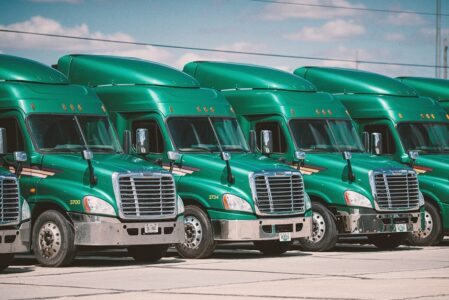What if the future of commercial trucking could be cleaner, quieter, and more sustainable? As we stand on the precipice of a pivotal moment in the transportation industry, the quest for greener alternatives has never been more imperative. With climate change looming large and the need for emissions reduction pressing, the spotlight is firmly on the trucking industry to embrace innovative solutions. Hydrogen and electric vehicles have emerged as two leading contenders in this race towards a greener future. Hydrogen fuel cell technology offers a promising solution with its ability to generate electricity by combining hydrogen and oxygen, which creates a clean energy source that emits only water vapor. On the other hand, electric trucks rely on batteries to power electric motors, eliminating the need for fossil fuels. But which one holds the key to revolutionizing the commercial trucking industry? As with any complex issue, the answer is not black and white. Instead, it lies in a nuanced understanding of the strengths and weaknesses of each technology and the recognition that different solutions may be better suited to different applications. In this article, let’s explore the differences between hydrogen and electric power in the context of commercial trucking, exploring their respective advantages, challenges, and potential impact on the industry. By understanding the strengths and limitations of each technology, fleet managers can make informed decisions about the future of their commercial trucking operations.

